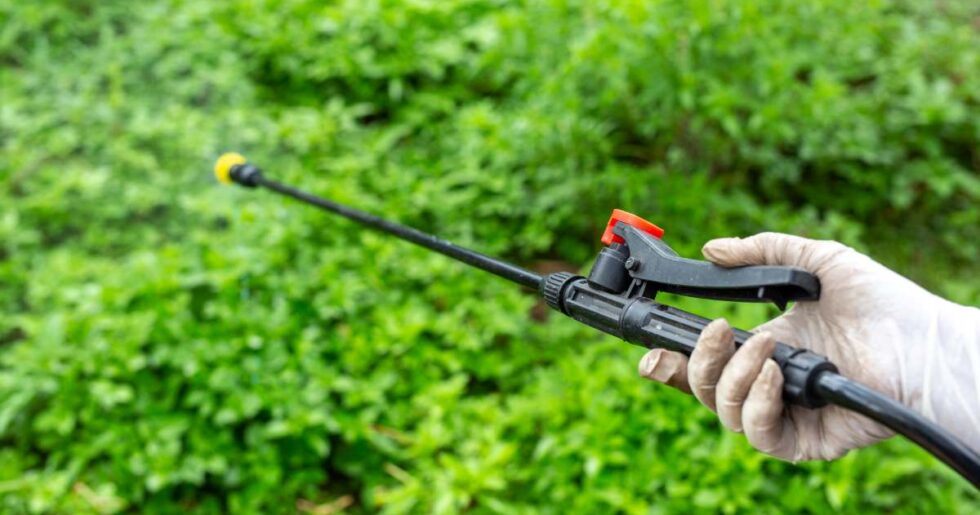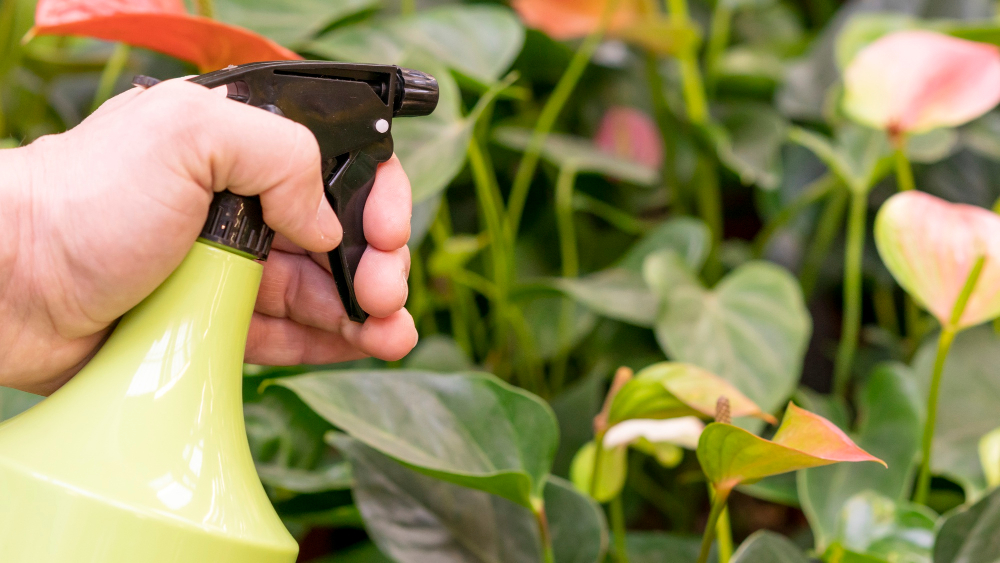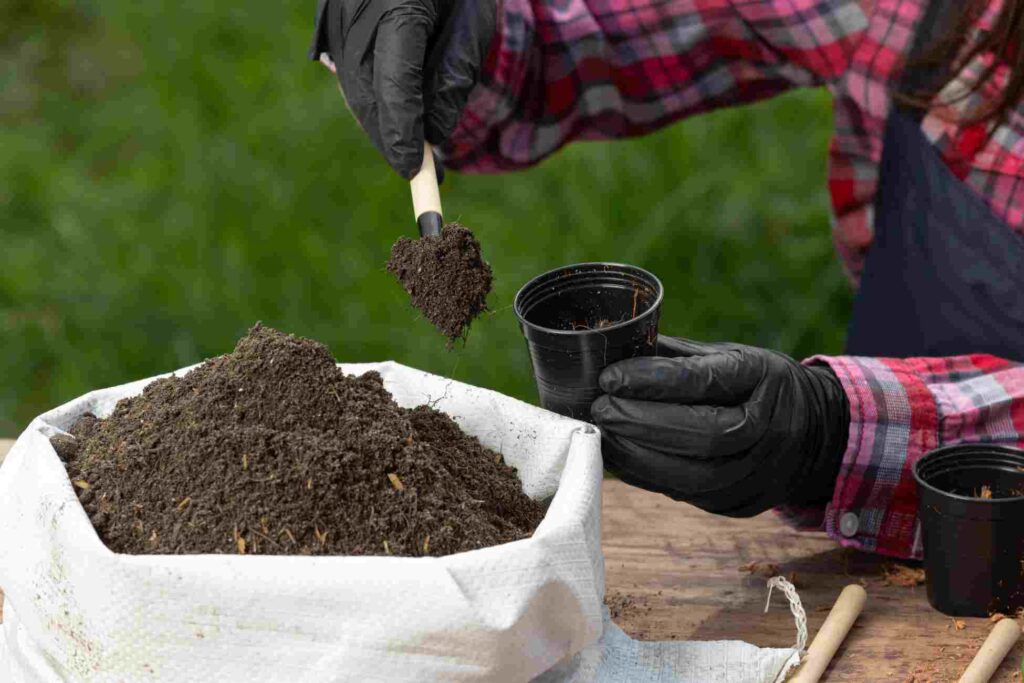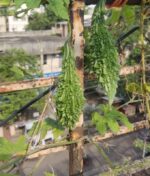
- November 2, 2023
- by Ak
- Garden Future
The Art of Organic Pest Control
One of the most persistent challenges in gardening and agriculture is dealing with pests. While pests can cause havoc on crops and plants, the use of chemical pesticides poses health and environmental risks. This is where organic pest control comes in handy.
Understanding Organic Pest Control’s Importance:
Organic pest control is the use of natural, environmentally friendly pest management and prevention methods in gardens, farms, and landscapes. This approach is based on the idea that our environments are interconnected ecosystems, and that disrupting them with synthetic chemicals can have negative consequences.
Here are some of the main reasons why organic pest control is so important
Environmental Protection: Organic pest control methods reduce the negative environmental impact of pest management. They avoid polluting soil and water with toxic chemicals, preserving ecosystem health.
Human Health: Organic pest control reduces chemical exposure, ensuring that our produce is safe to eat and that gardeners and farmers are not exposed to potentially toxic substances.


some of the most effective organic pest control methods:
Beneficial Insects: Attract or release beneficial insects such as ladybugs, parasitic wasps, and lacewings in your garden to prey on pest insects. These natural predators can help control pest populations.
Neem Oil: Neem oil is a natural pesticide extracted from the neem tree. It works well against a variety of pests, including aphids, mealybugs, and spider mites.
Organic Soaps and Oils: Insecticidal soap and horticultural oil, for example, can be used to smother and repel pests like scale insects and whiteflies.
Diatomaceous Earth: This powdery substance derived from fossilized algae can be sprinkled around your plants to form a barrier that damages the exoskeletons of insects such as slugs and snails.
Traps: To capture and monitor pest populations, use sticky traps, pheromone traps, or light traps.
Crop Rotation: Rotate your crops on a regular basis to disrupt pest life cycles and reduce their impact.











